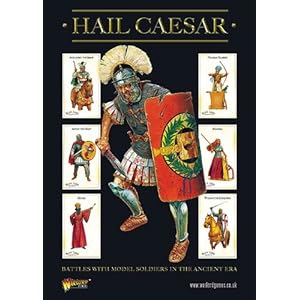 I largely bought it for the stats for my Greek campaign, only to learn that a further supplement is due out next month that will specifically cover this and other 'fringe' campaigns around the Med. Look forward to that.
I largely bought it for the stats for my Greek campaign, only to learn that a further supplement is due out next month that will specifically cover this and other 'fringe' campaigns around the Med. Look forward to that.Then it occurred to me that while I don't have 15mm figures for the desert, I do have lots of 1/200 figures based for Spearhead. So Italian and British tank companies duly assembled and onto the table. It made a short and sharp battle with the Italians coming out on top. I will try some Afrika Corps next. Using 1/200 opens up some other campaigns as well.
FoW has somewhat rebuilt the reputation of Italian troops in WW2, at least from a British perspective. My recent reading has been on this subject including Iron Arm, the story of the mechanisation of Mussolini's army 1920 to 1940. Creating a mechanised army in a non mechanised society was beyond the capability of Italian industry and the army. Non the less an armoured force was developed and at one stage arguably led the world. This book takes the reader through all the stages.







